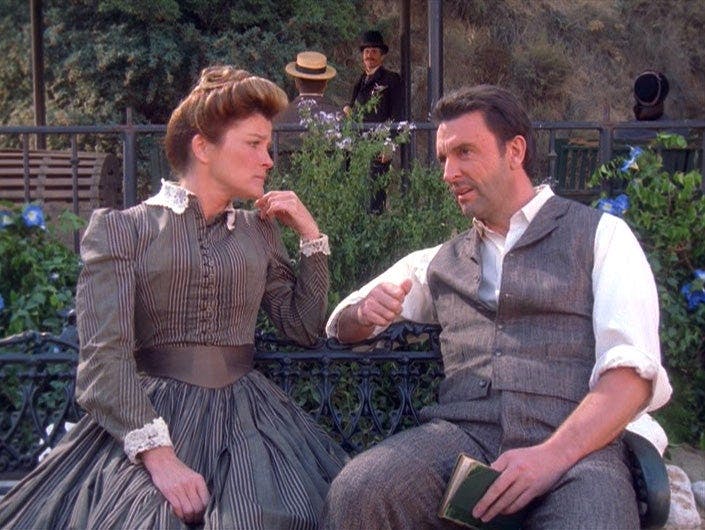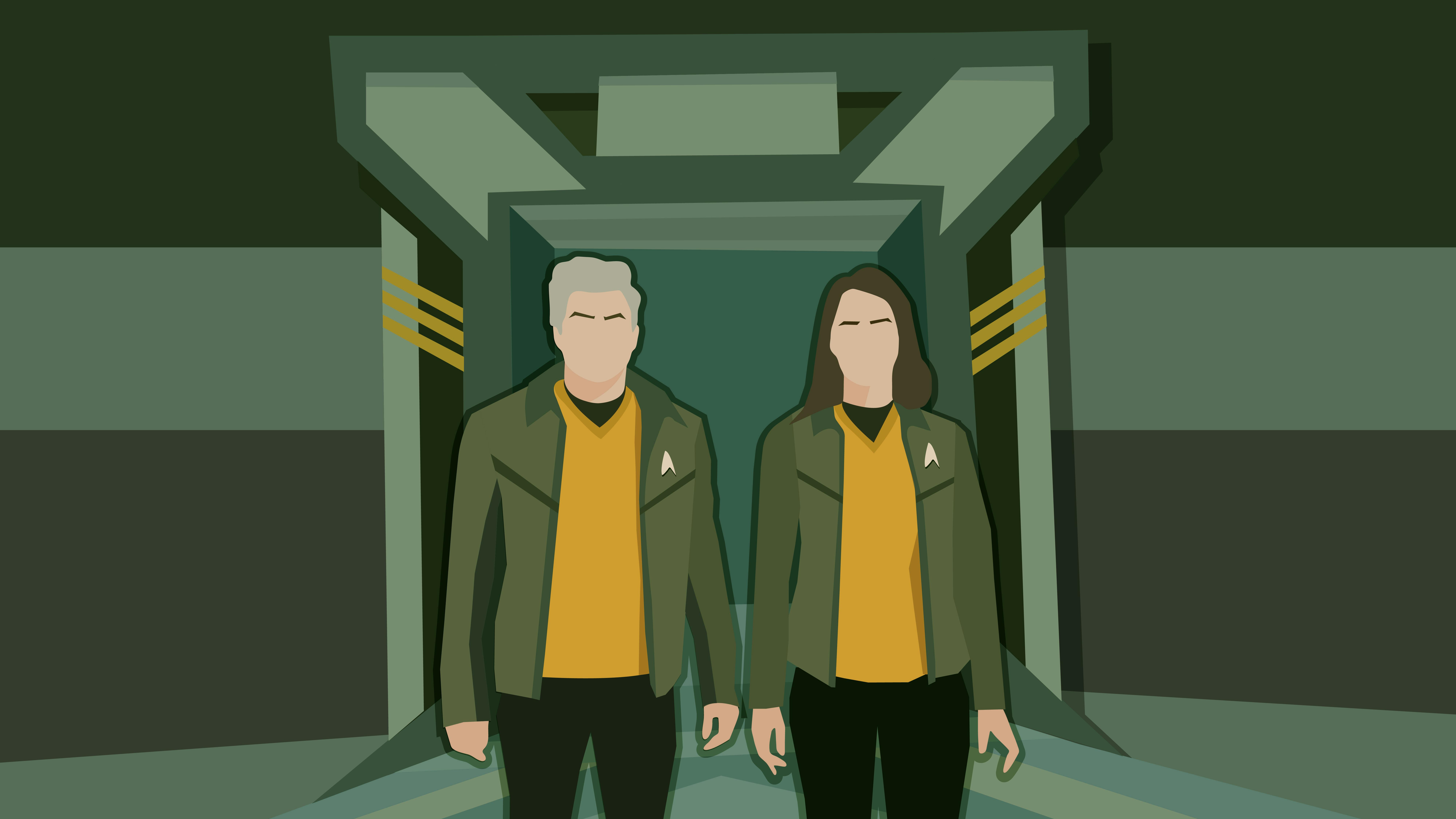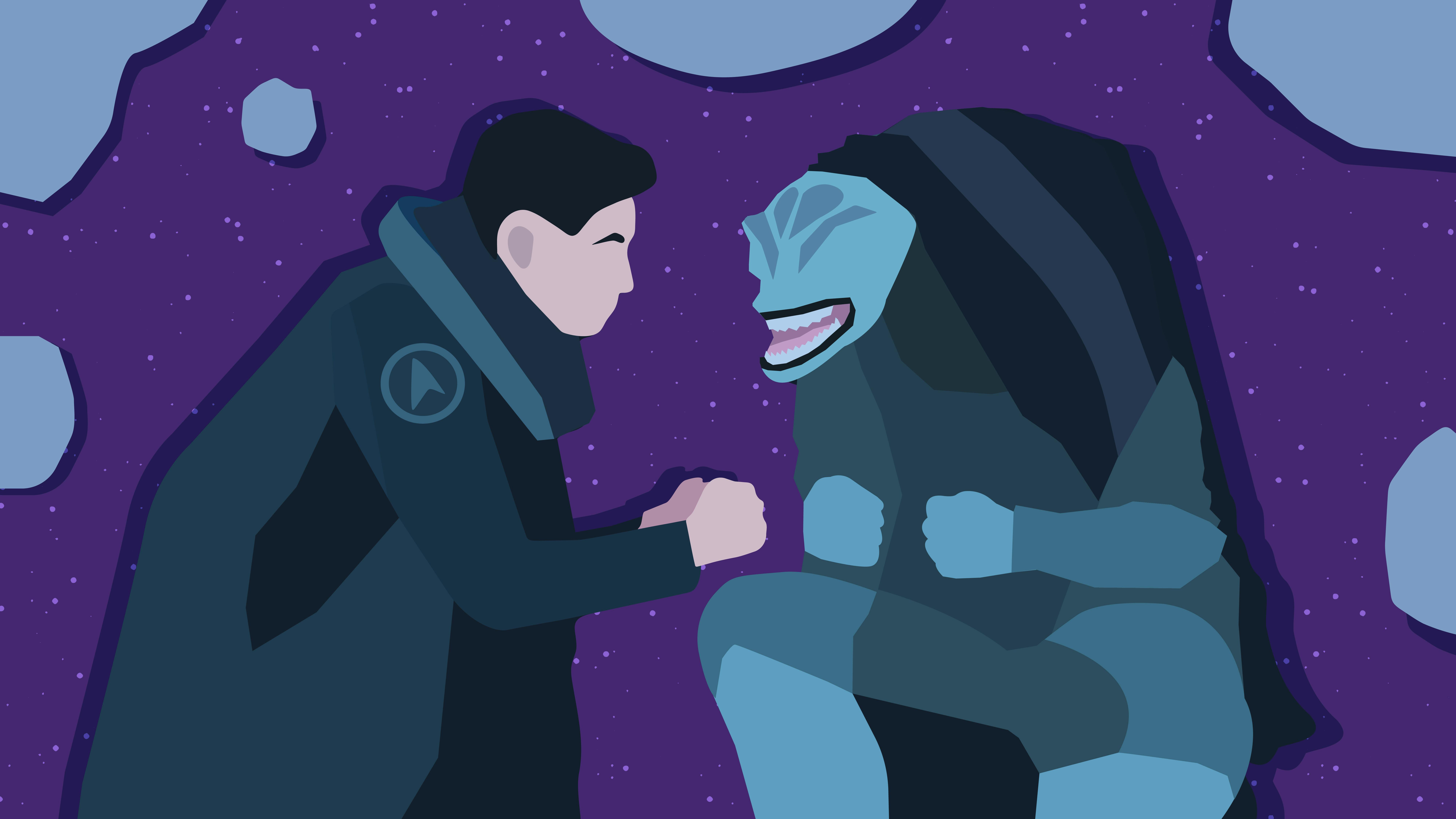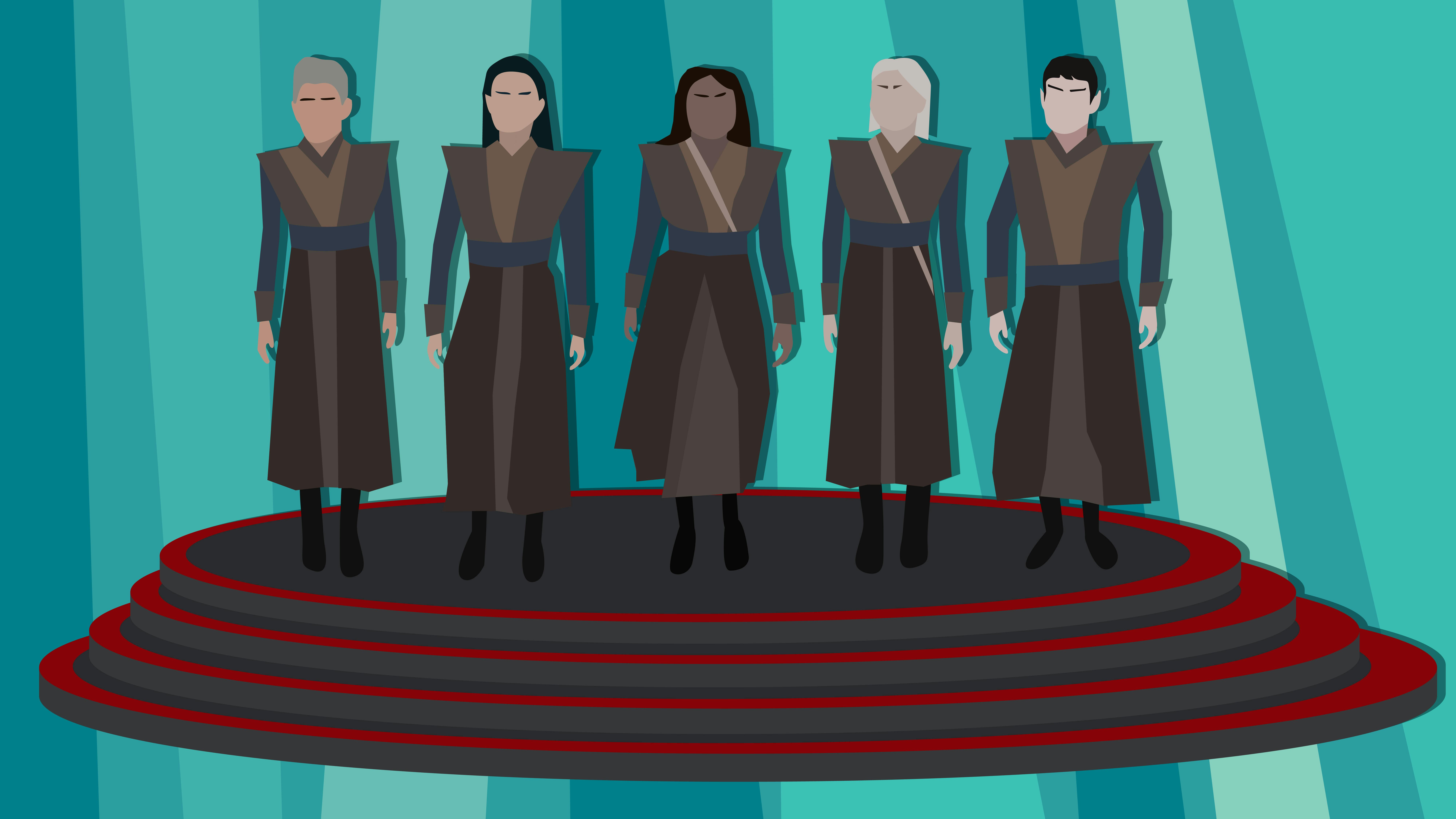Published Apr 29, 2025
Janeway, Fair Haven and the Romantic Making of A Heroine
In the eyes of one fan, the infamous 'Fair Haven' saw Janeway at her strongest.

StarTrek.com
In a genre as vast, and intellectually and artistically curious as science-fiction the possibilities for plot lines are as endless as the various universes one can create. With an exponential number of lanes to explore, the chances are that any long-running series will produce a few episodes that reach a certain level of infamy within the fandom.
Perhaps no series better exemplifies this principle than , a series in which Captain Janeway and Tom Paris became copulating lizards due to a freak accident; and where the ship's logical Vulcan, Tuvok, physically-melded with the colorful morale officer, Neelix, leading to a great in-episode debate on the very nature of being.
Within internet circles, Star Trek: Voyager's "" has gained a similar level of infamy, frequently ranking on the web's various "Worst of Voyager" lists, with the main reason cited that it’s "just a romance novel."

"Fair Haven"
StarTrek.com
But is that necessarily a bad thing? Or is styling Captain Kathryn Janeway as a romance novel heroine, simply adding another layer of complexity to an already richly developed, fascinating, strong female character? For a woman who has spent six years with only a glimmer of hope towards finding her home, isn't spending a few hours as the heroine in a romance novel, a genre defined by its focus on joy and on female fulfillment, really such a terrible development?
In Season 6's "Fair Haven," the ship is about to fly through an ion storm just as Tom Paris is putting the finishing touches on his new Holodeck program — the small, early 19th-Century Irish town of Fair Haven. In an effort to ride out the storm, Captain Janeway makes the decision to drop anchor and (in an effort to increase ship morale while they wait) initiates an open-door policy on the Holodeck, a privilege she tentatively enjoys herself as an escape from her own fear of storms.

"Fair Haven"
StarTrek.com
In the town, Janeway finds solace with a charming man who isn't exactly her type, the barkeep Michael Sullivan. She "slightly" alters his physical and interpersonal parameters to make them more compatible, describing it jokingly as, "Girl meets boy, girl modifies boy's subroutines." Her tinkering eventually leads to a crisis of conscience, where Janeway is at once conflicted about enjoying a romantic entanglement with a hologram and with modifying that hologram out of her need to control and "captain" every situation she faces.
Implicit in much of the criticism of "Fair Haven," as an episode, is the proposition that all romance novels are "Bad" and that people who read and enjoy them are also "Bad." Janeway, who experiences the Fair Haven simulation and her relationship with Michael Sullivan as many romance readers do — by putting herself in the shoes of the romantic heroine — is suddenly "Bad" too, or at least finds her strength somehow lessened in the eyes of viewers because of her engagement with this material. Even Kate Mulgrew herself, in an infamous hidden clip from the Voyager box set, disparages the entire plotline, visibly shivering as she describes her character "falling in love" with a hologram.
There have been many articles, essays, think pieces, and books defending romance novels and giving it the respect it deserves as a literary genre. I won't do that here. But it doesn't take a fistful of think pieces to understand why "Fair Haven" further illuminated how much Janeway meant to me as a character.
According to most genre experts, including Sarah Wendell of the website Smart Bitches, Trashy Books, A romance novel needs to meet two guidelines. First, the main thrust of the story needs to concern two characters falling in love. Second, that romance needs to find a Happily Ever After, also known as HEA in romance circles. According to Sarah Wendell and Candy Tan's Beyond Heaving Bosoms, "Romance means believing you are worthy of a happy ending." If we agree with the premise that most "Fair Haven" detractors suggest, then I say it makes Janeway one of the strongest characters in the Star Trek universe. Because after six years of separation from her home with no end in sight, Janeway is still able to give herself over to the possibility of romance.
Despite all that she's endured and that her crew has endured over six years in the Delta Quadrant, the captain retains the optimism that everything will work out fine in the end. She gives herself over to the idea that she deserves a happy ending, a belief that extends beyond the walls of the Holodeck, beyond the hull of Voyager, and beyond the Delta Quadrant.

"Fair Haven"
StarTrek.com
Some may say that "Fair Haven" was the death of Captain Janeway as a strong female character, but as far as I'm concerned, it might have been the most inspirational she ever was.





